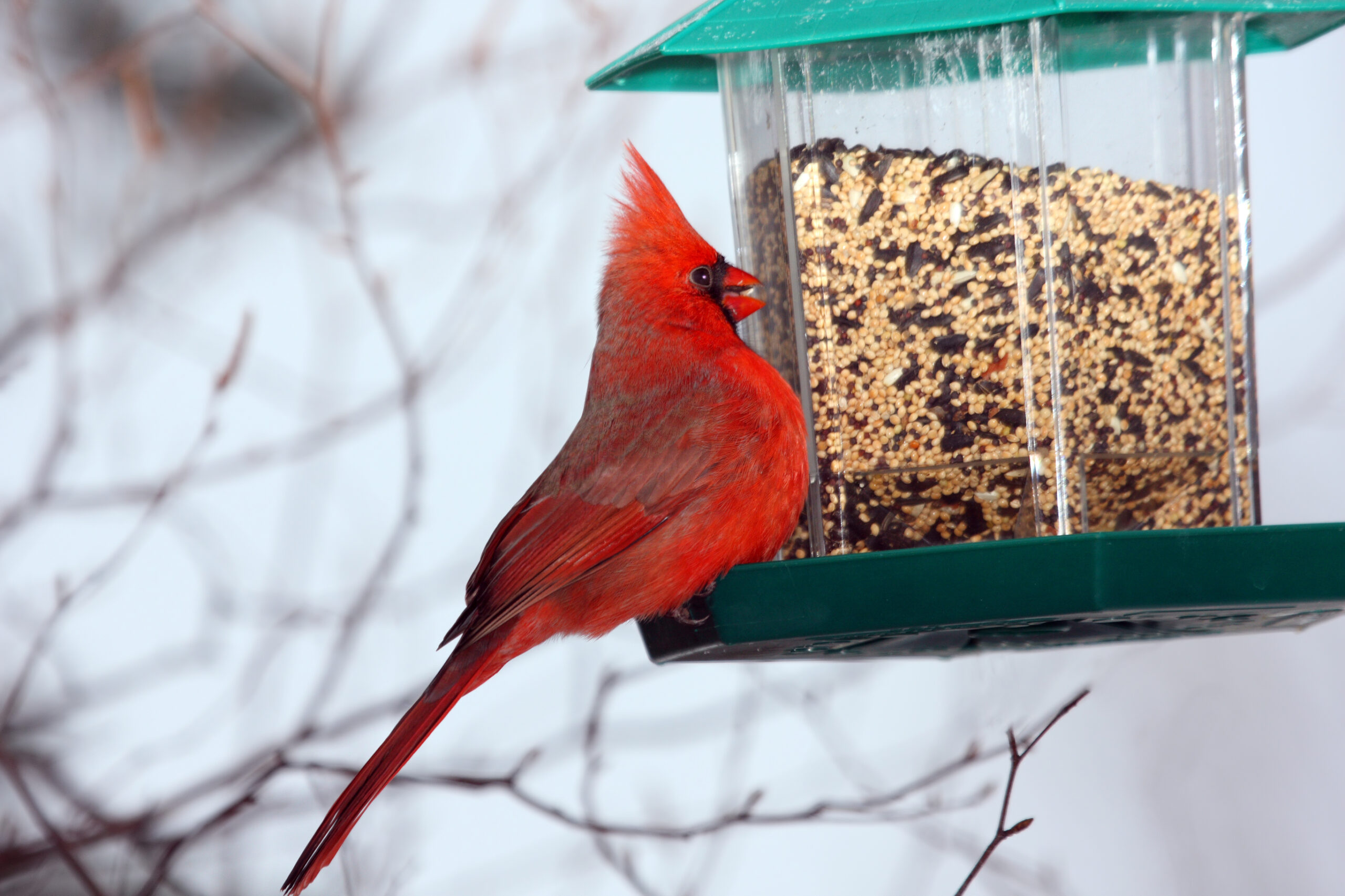The war against feeding birds in New Jersey just heated up as one town decided they’re not waiting for an official statewide ban to take action.
A contentious debate over bird feeders is unfolding across New Jersey, pitting wildlife enthusiasts against lawmakers and local officials concerned about black bear encounters and ecological impacts. At the center of the storm is Assembly Bill A360 (paired with Senate Bill S765), a legislative proposal aimed at restricting the use of bird feeders statewide to curb unintentional feeding of bears.
However, before the state bill could even reach a full vote, the village of Ridgewood in Bergen County took matters into its own hands, enacting a local ordinance to restrict feeding wildlife on private property—a move that has ruffled feathers among residents and set a precedent for other municipalities.
That law now prohibits feeding birds on the ground or on any platform less than six feet off the ground.
The state’s proposed legislation, introduced by Assemblymen Sterley Stanley (D-Middlesex) and Clinton Calabrese (D-Bergen), seeks to amend existing laws prohibiting the feeding of black bears.
Under the initial draft, bird feeders would be permitted between April 1 and November 30 only if suspended 10 feet above the ground, emptied and brought indoors nightly, and kept free of food debris below. Violators could face fines ranging from $100 to $1,000, a measure intended to deter bears from venturing into residential areas.
The bill, which passed the Assembly Commerce, Economic Development and Agriculture Committee by an 8-3 vote in September 2024, reflects growing concerns over New Jersey’s expanding bear population—estimated at 3,000 in the northwest counties alone, with projections nearing 4,000 by 2027 according to the Department of Environmental Protection.
Yet, the proposal has faced fierce opposition from bird lovers and rural lawmakers like Assemblywoman Dawn Fantasia (R-Sussex), who called it “absurd” and an overreach into private property rights. Critics argue that bears, with their keen sense of smell and climbing prowess, will seek food from trash cans, garages, and other sources regardless of bird feeder restrictions.
In response to the backlash, sponsors announced plans in late 2024 to revise the bill, stripping out the bird feeder provisions entirely and focusing instead on trash management—a shift confirmed by Sen. Gordon Johnson (D-Bergen). As of April 2025, the rewritten legislation remains under review, leaving its fate uncertain.
Meanwhile, Ridgewood didn’t wait for Trenton to act.
On April 9, 2025, the village council is set to vote on an ordinance expanding its existing ban on feeding wildlife from public property to include private land. Introduced earlier this year, the measure prohibits all wildlife feeding—intentional or accidental—except for bird feeders, which come with strict conditions: they must be at least 6 feet off the ground, equipped with a seed-catching device to minimize spillage, and limited to three per property. Deputy Mayor Pamela Perron cited resident complaints about deer, ticks, and Lyme disease risks as driving factors, alongside concerns over bird flu (H5N1) and rodent infestations.
“Feeding wildlife brings them closer to homes, creating health and safety hazards,” Perron said, echoing the ordinance’s language.
The preemptive move has ignited local outrage.
Posts on X reflect a sentiment of defiance, with one user declaring, “Ridgewood New Jersey wants to BAN private citizens from feeding the wildlife… How about NO.”
Residents argue that the restrictions infringe on personal freedoms and disrupt a cherished pastime—over 2.3 million New Jerseyans are estimated to be avid bird enthusiasts, according to a 2021 Statista survey. The village’s decision to act ahead of the state bill has also raised questions about consistency and enforcement, as neighboring towns weigh similar measures.

